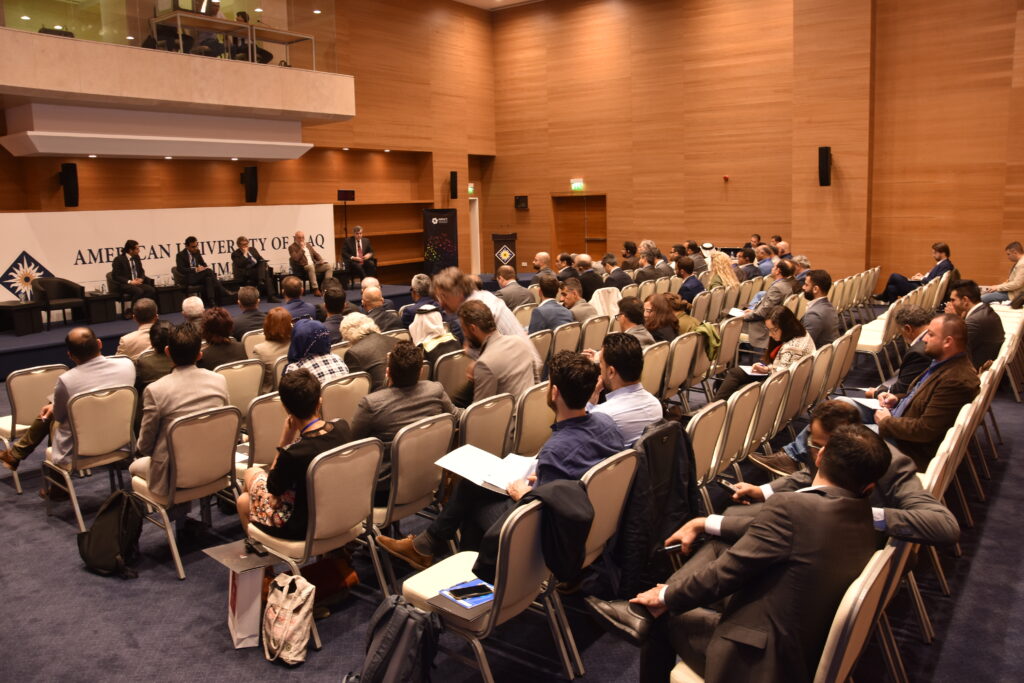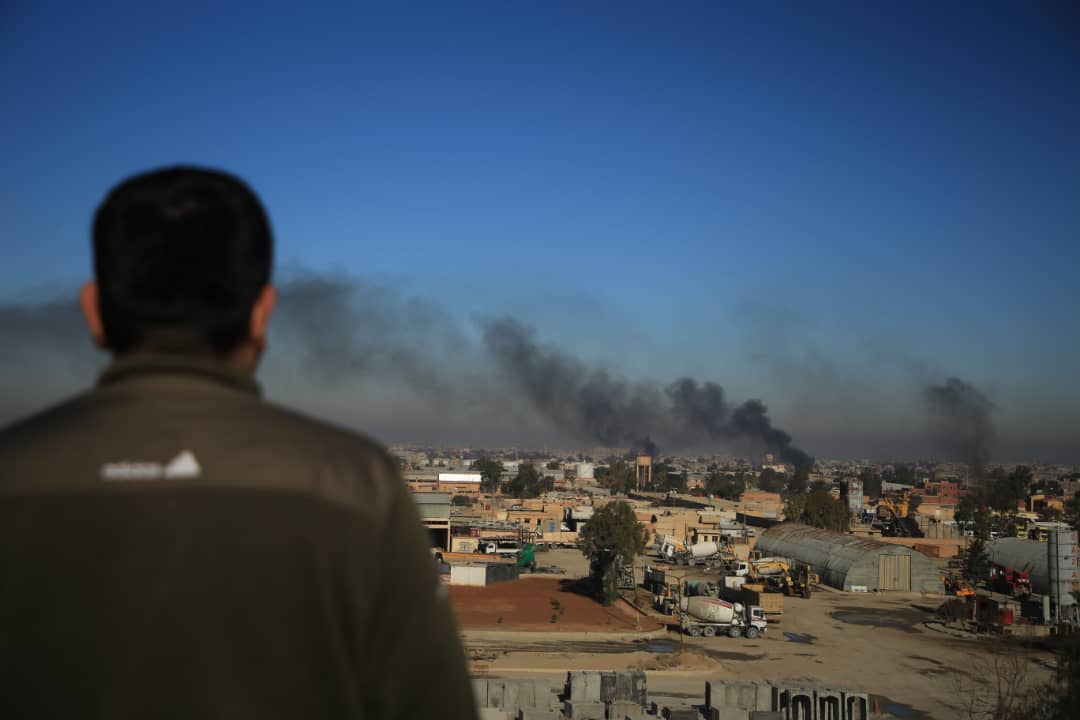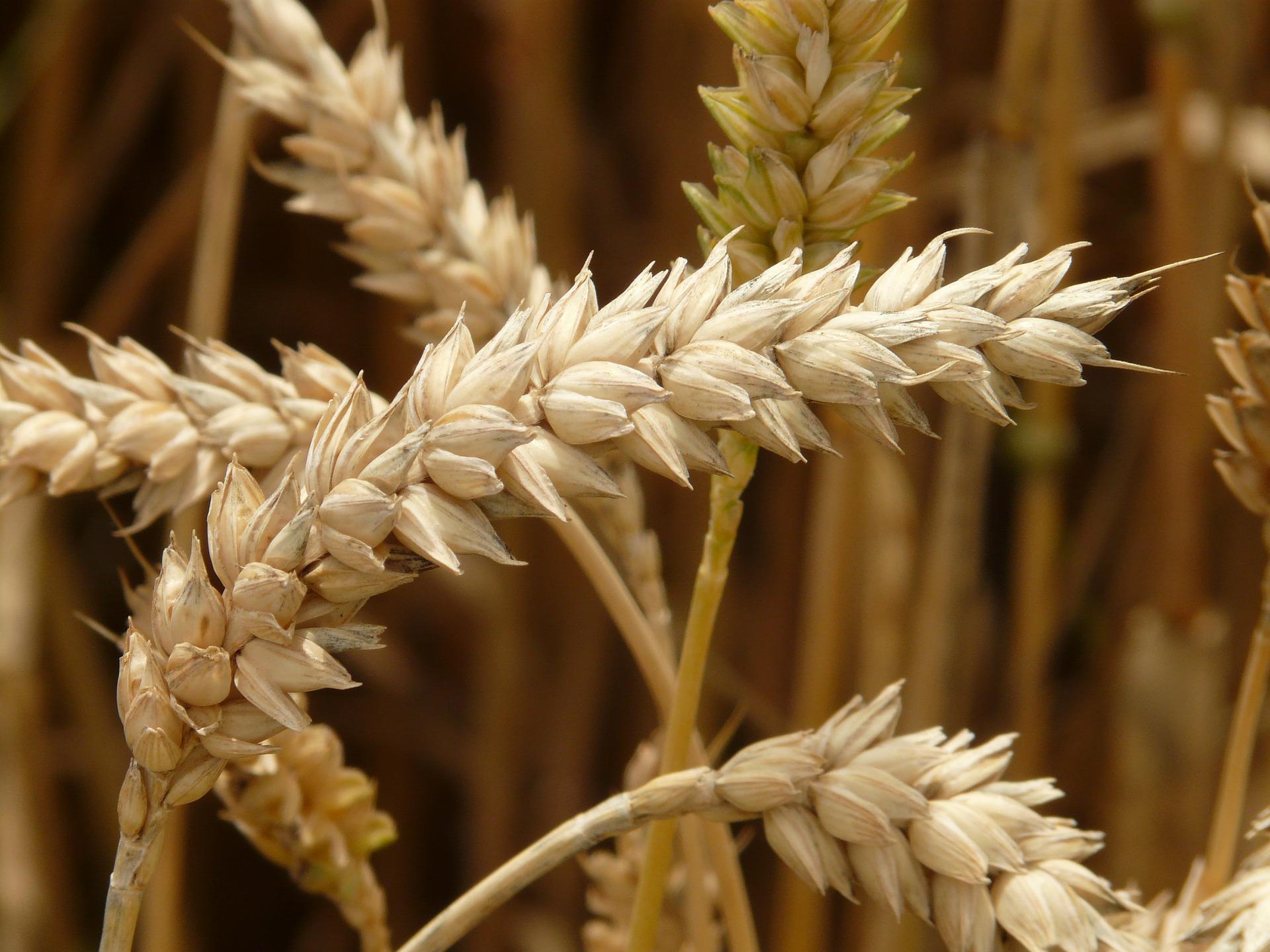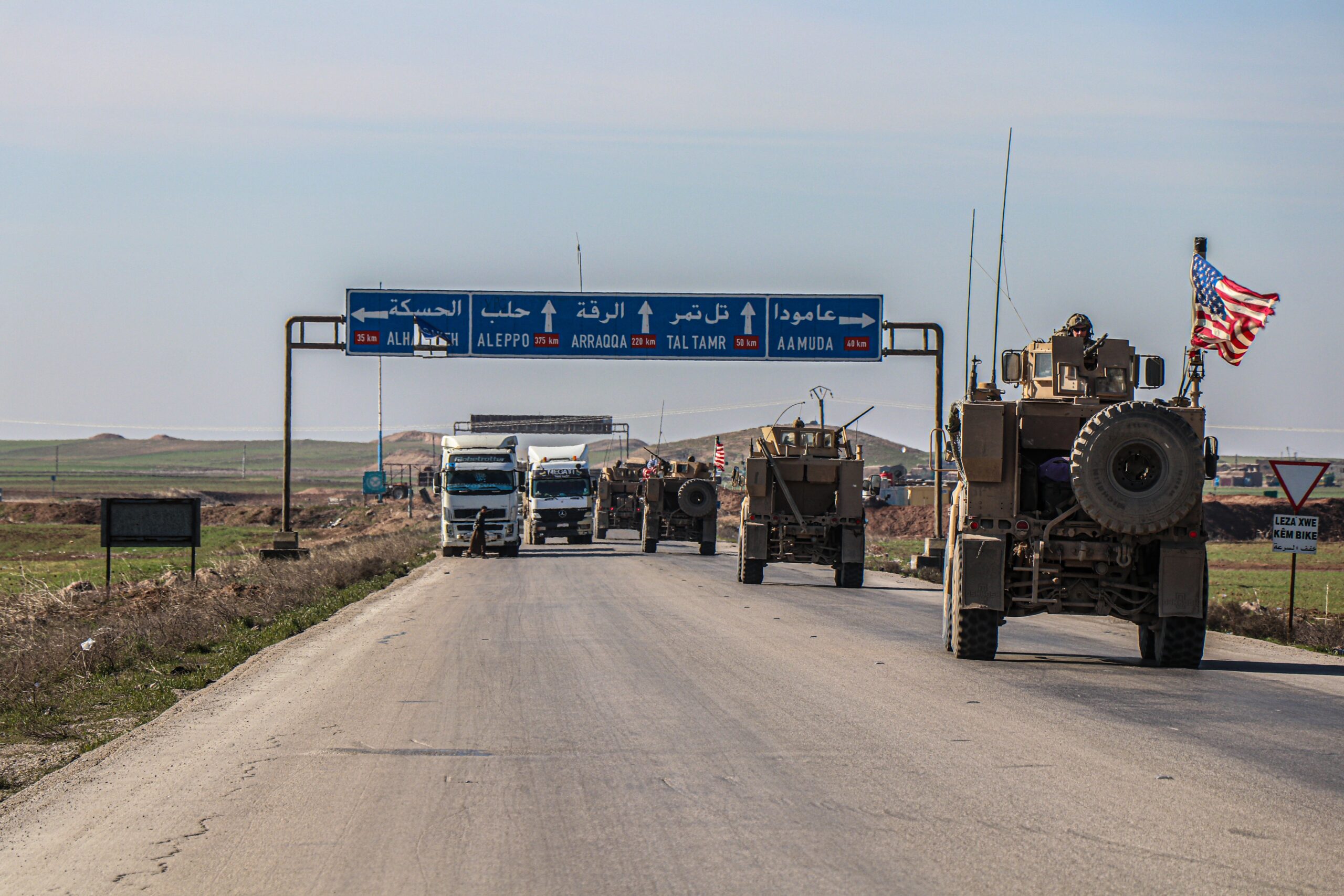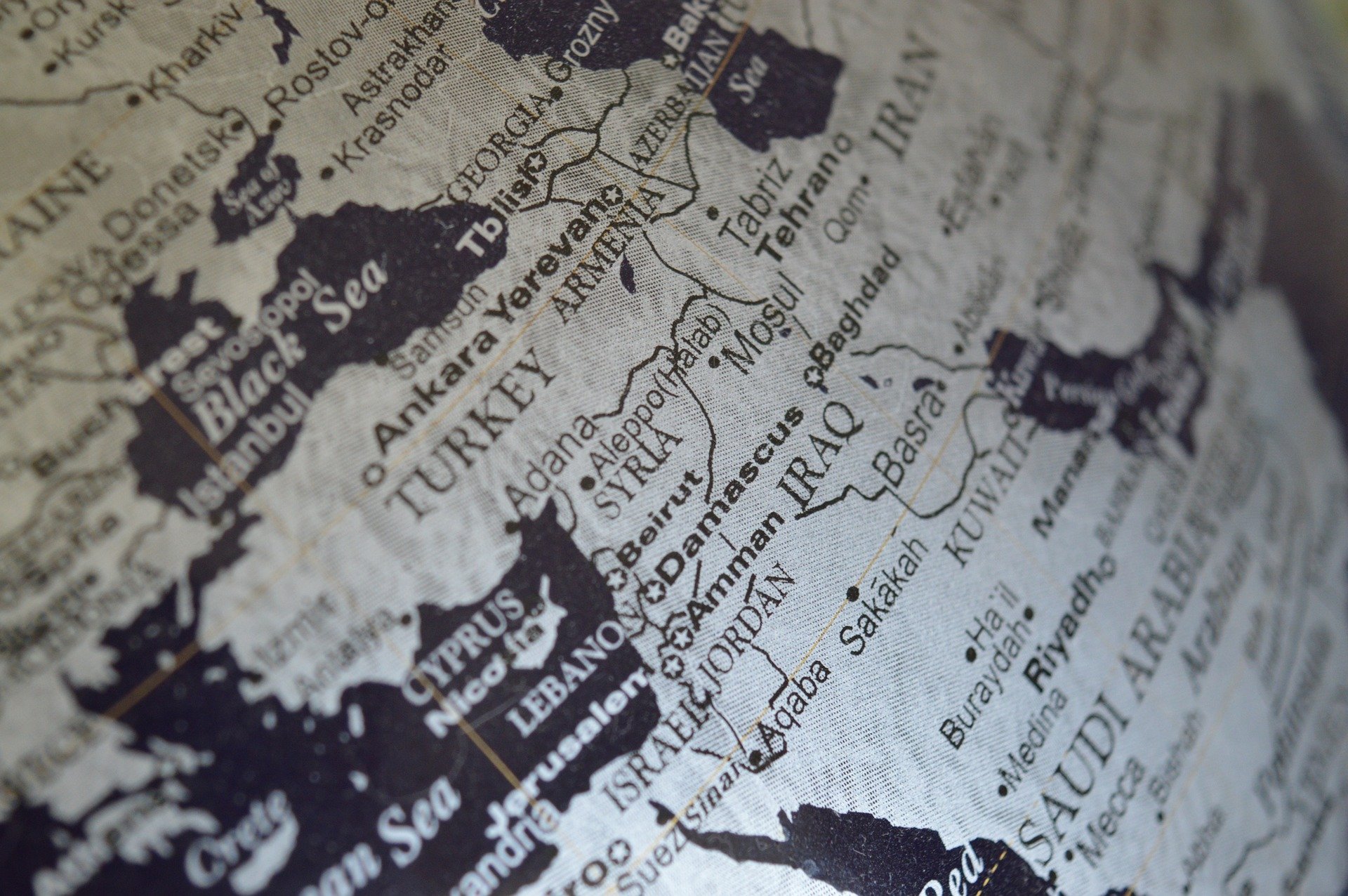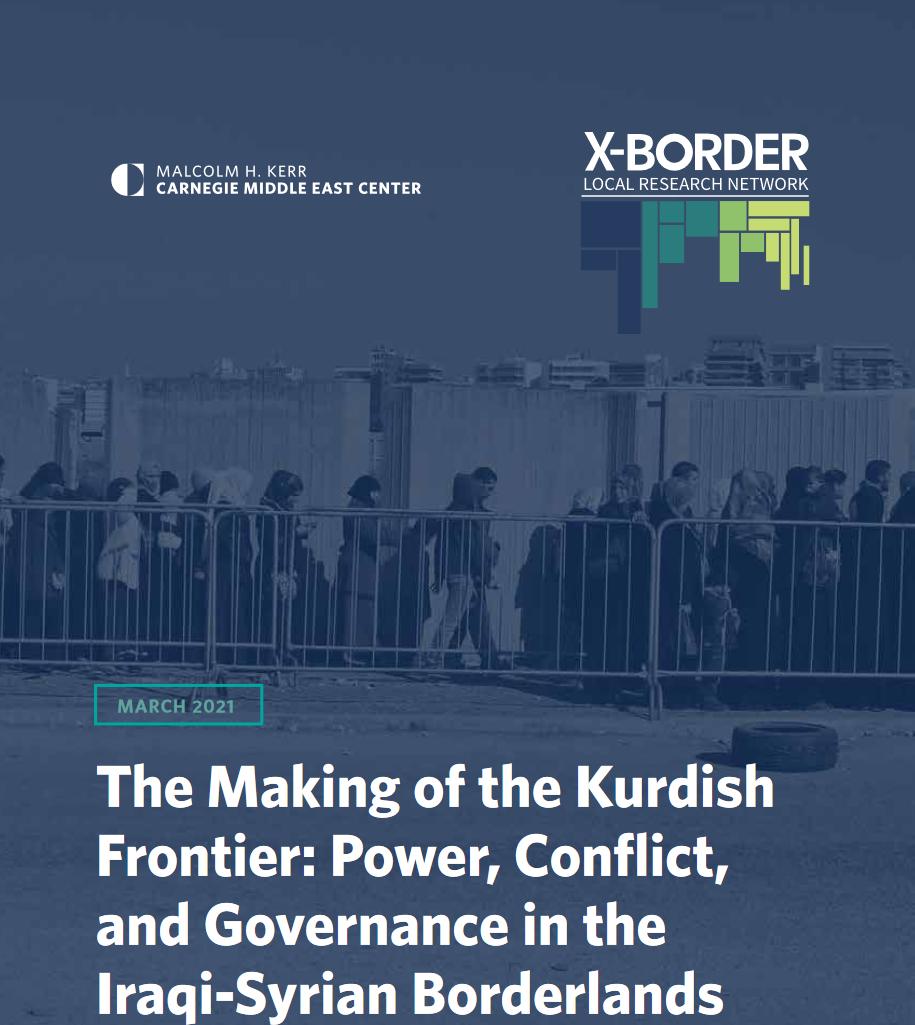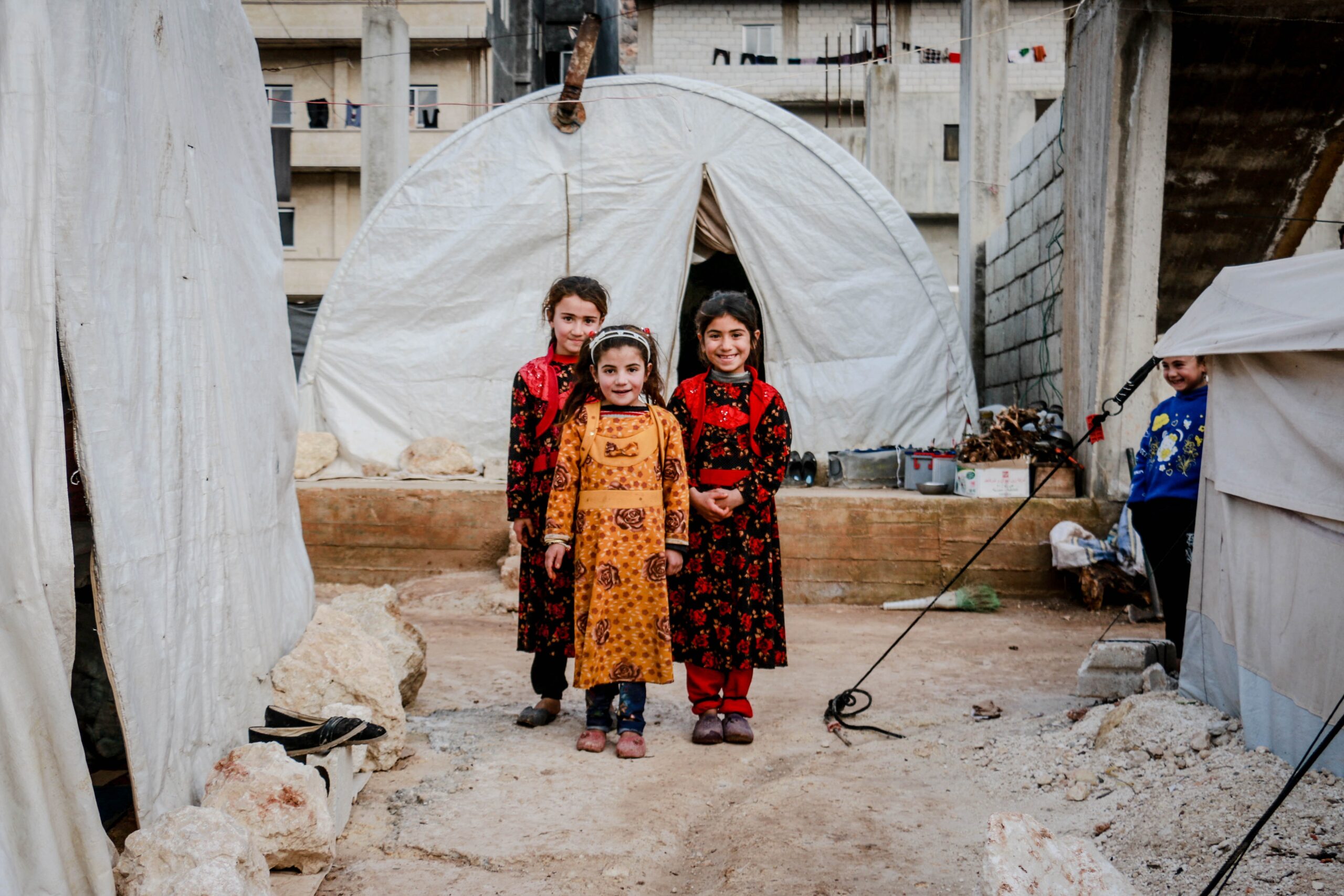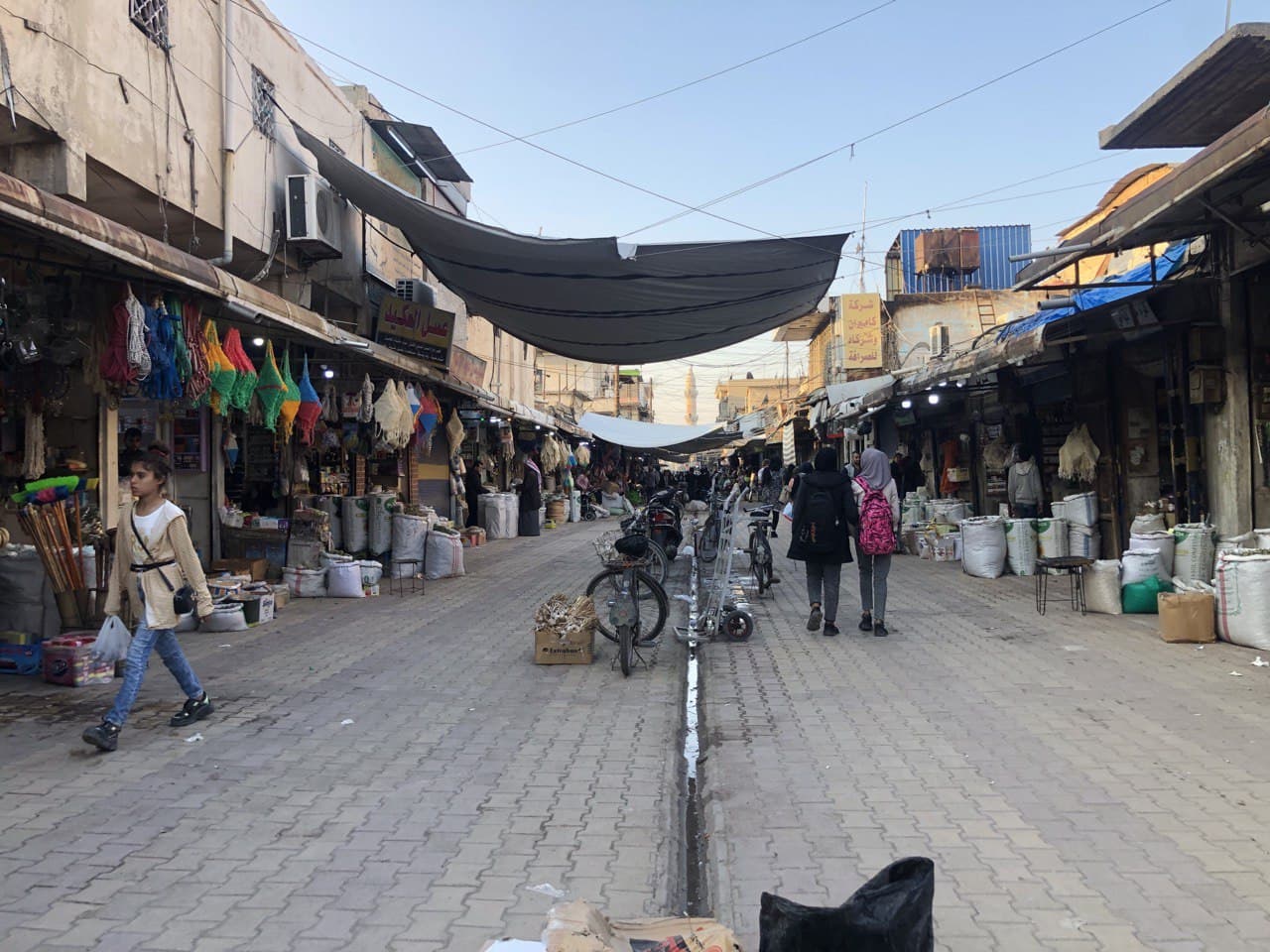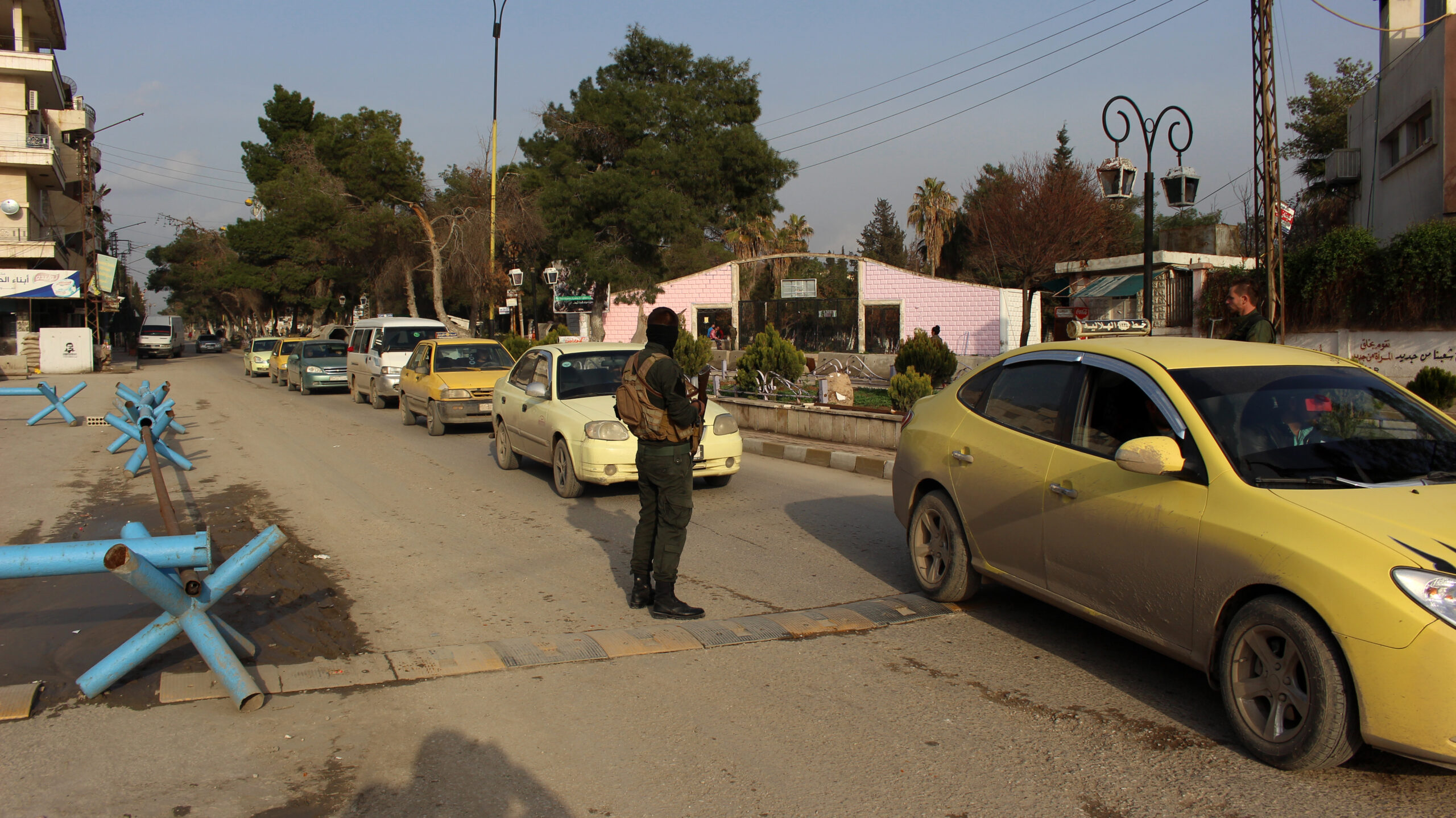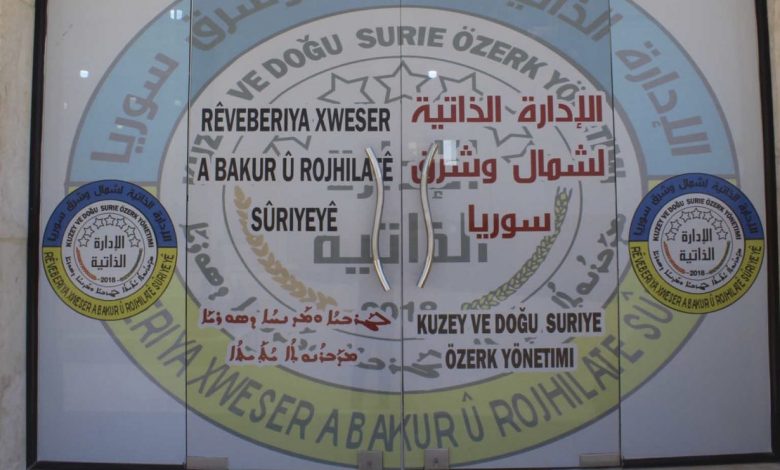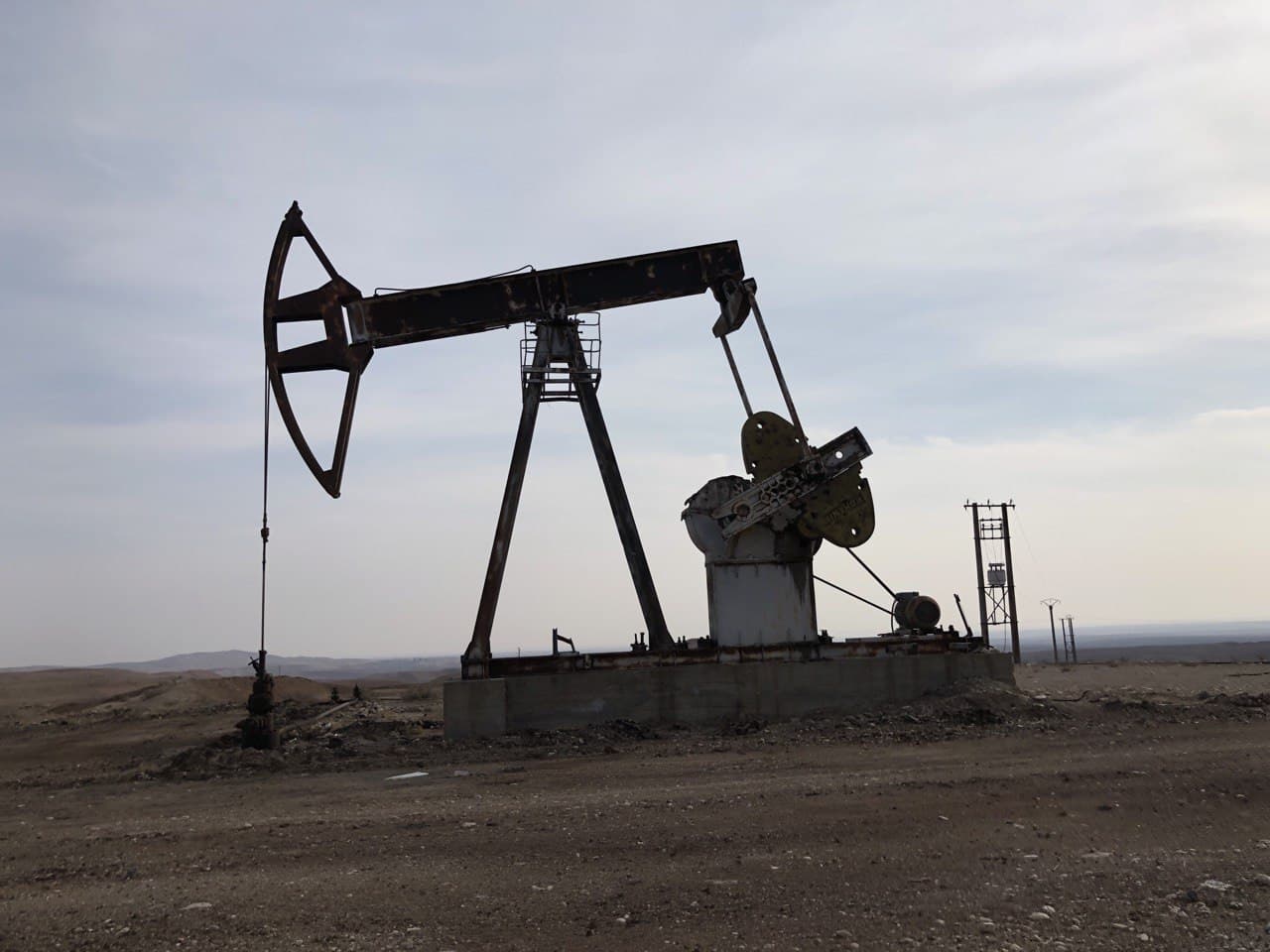How do we work?
In the past few decades, sub-national conflicts have become increasingly frequent in the Middle East and elsewhere. With the rise of militias and local, peripheral governments, centralized states play a less significant role.
In this context, civil society has special importance. Community leaders, alternative media sources, and civil society actors are pivotal players in this new landscape. This understanding of the way conflicts are waged today frames IMPACT’s intervention. Our peacebuilding and dialogue program aims at tackling conflicts on the sub-national, and regional levels as well as the national. To best navigate the complex, sub-national realities of conflict, we focus on Track II and III diplomacy.
IMPACT’s interventions are based on the unique access to the ground provided by our field team and the local experts we work with. Our response is locally driven and community-oriented, aiming to help build lasting peace. These particular strengths focus our work on the Syrian conflict, particularly in the northeast.
We launch projects on issues that we have expertise in and can contribute to resolving. IMPACT Research avails of local knowledge at every level of intervention. This knowledge is augmented by thorough research and field visits to ensure each project is initiated with a full understanding of the situation and good relationships with local and regional stakeholders.

